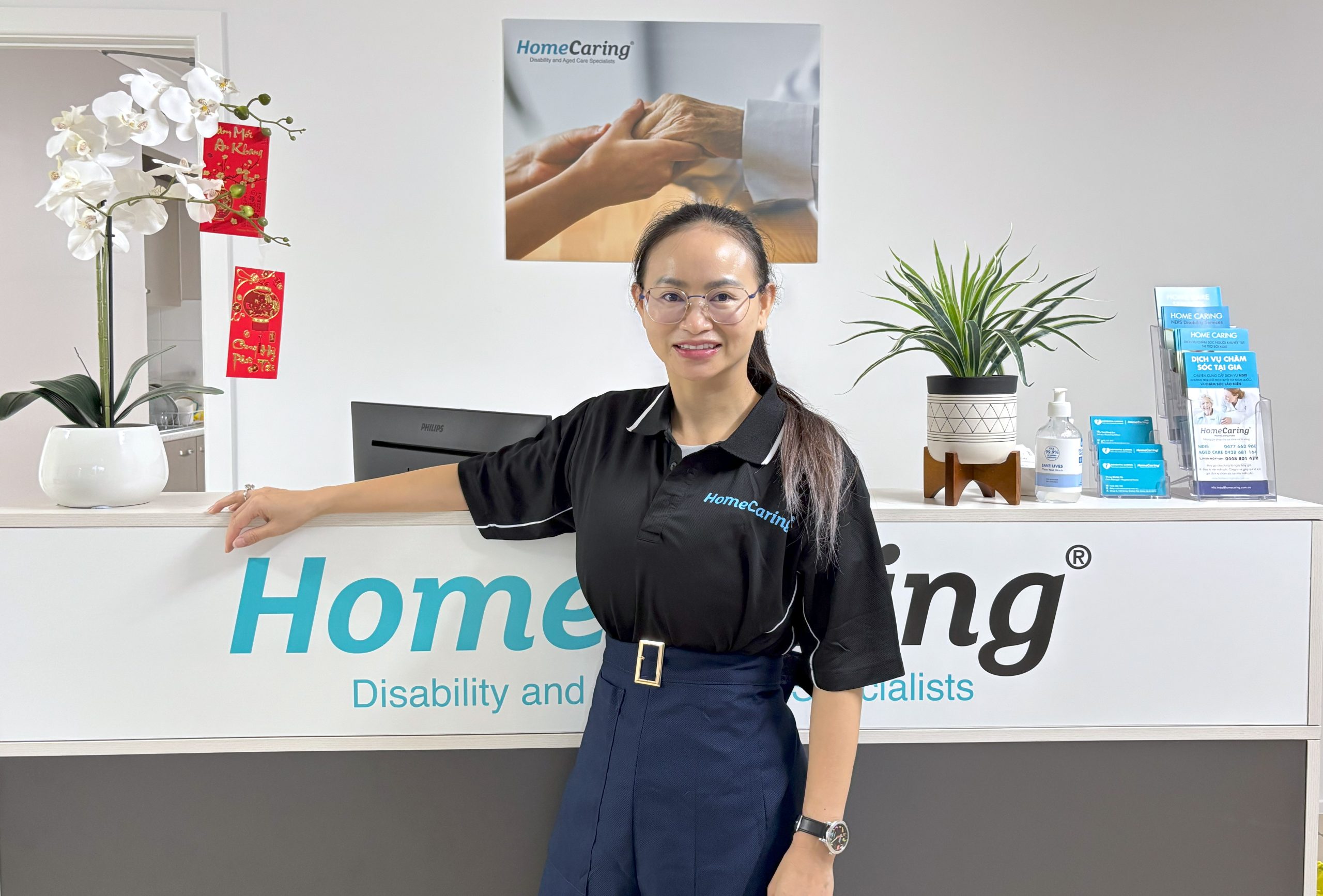HomeCaring was launched in 2015 with a clear purpose: to provide Australians with the high-quality, person-centred care they deserve — and to empower passionate individuals to build meaningful businesses through a unique partnership model.
From day one, we’ve taken a different approach. Instead of a traditional franchise system, we pioneered an innovative 50/50 joint venture model. Our partners contribute half the startup capital, and we match it. In return, they receive shared ownership, profit participation, and a competitive salary — plus full operational, clinical and marketing support from an experienced national team.
We’ve lowered the barriers to entry so that everyday Australians can step into the care sector with confidence, backed by a proven business framework and an aligned support partner.


As our network grew, we invested in a dedicated support infrastructure, including key roles across operations, finance, HR, compliance, customer service and franchise performance — all designed to ensure our partners have what they need to succeed.
Our leadership and advisory teams bring deep experience across NDIS, home care packages, dementia care, SDA housing, in-home support, group homes, and retirement services. This industry-wide expertise informs every aspect of our franchise system, ensuring clients receive the highest standard of care — and franchisees have a trusted guide at every step.
Through innovation, strong partnerships, and a mission-driven approach, we’ve built a model that delivers real outcomes — for clients, for communities, and for franchisees.
HomeCaring continues to grow across Australia — in reach, capability, and impact.
We now operate in major metropolitan cities, suburban neighbourhoods, regional towns and retirement hubs across all states in Australia. Our vision is to launch over 200 franchise locations nationally, making in-home care accessible and reliable in every community.
We are also proud to be one of the most multicultural home care providers in the market, delivering services in over 16 languages to support Australia’s richly diverse communities.Every year, more families trust us to deliver the care their loved ones need — and more franchise partners join our network to build businesses they believe in.
Our goal is simple: to become Australia’s most trusted name in aged care and disability support, built through genuine partnerships and a scalable model that works.

This isn’t a typical franchise. It’s a true partnership where your success is our success.
We empower individuals to live with dignity and independence by offering personalised care and support plans through our compassionate local team.
We empower individuals to live with dignity and independence by offering personalised care and support plans through our compassionate local team.
We empower individuals to live with dignity and independence by offering personalised care and support plans through our compassionate local team.


With growing demand in aged care and disability services – backed by government funding through the NDIS and Home Care Packages – there has never been a better time to enter the sector.
Whether you’re an experienced professional or new to care, if you’re values-driven and ambitious, we want to partner with you.






This is your chance to own and grow a business with a proven partner beside you. If you're ready to make a difference in your community – and your life – then apply to join HomeCaring today.
Enquire Now